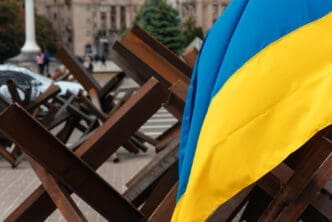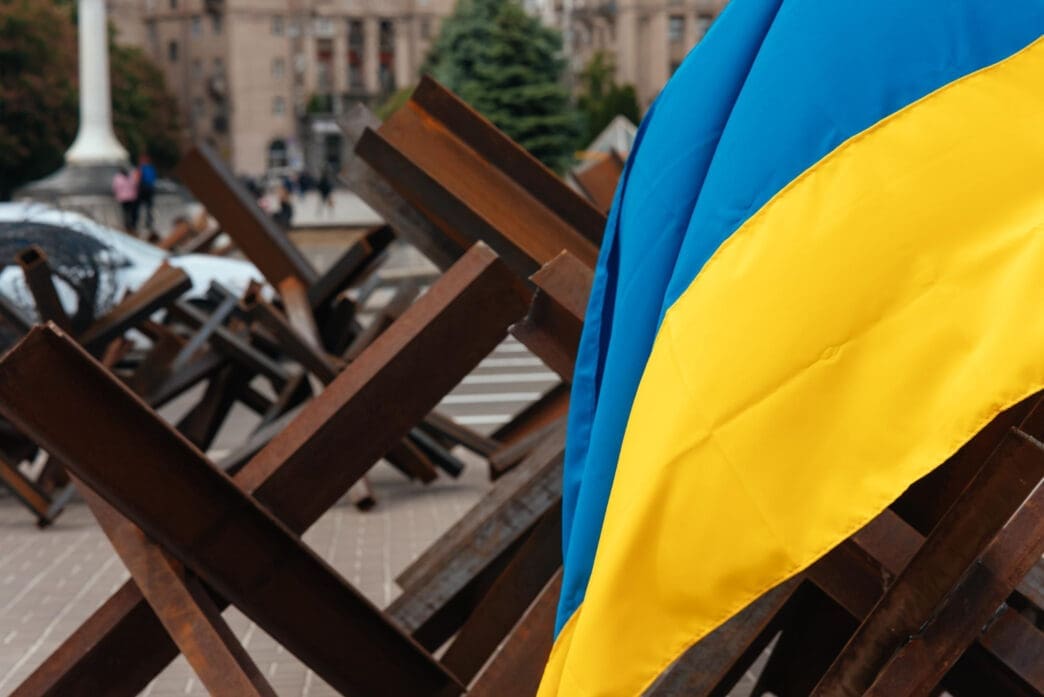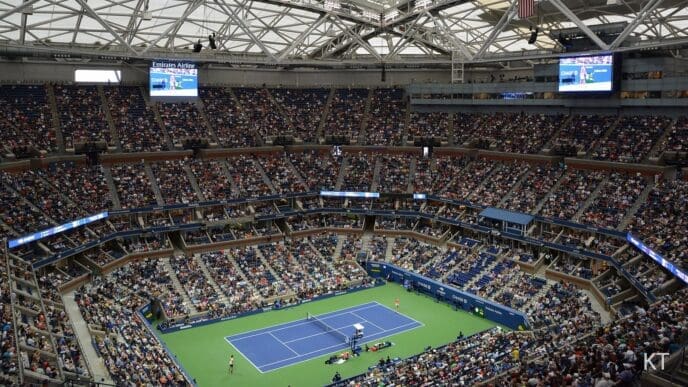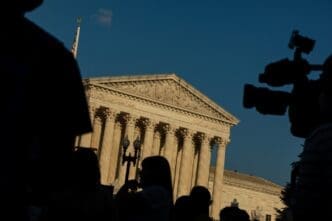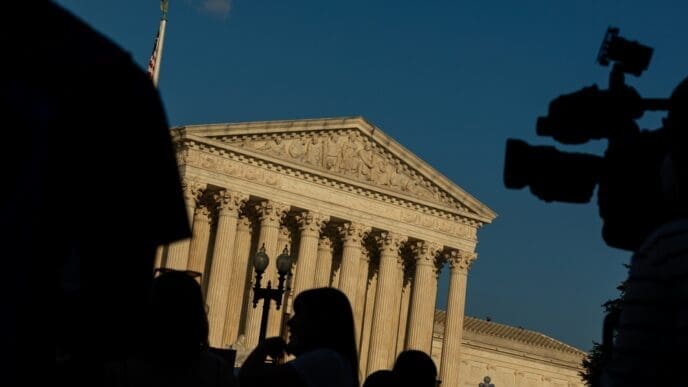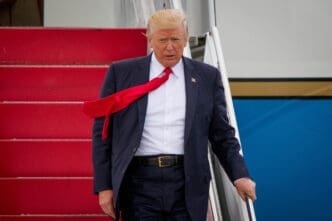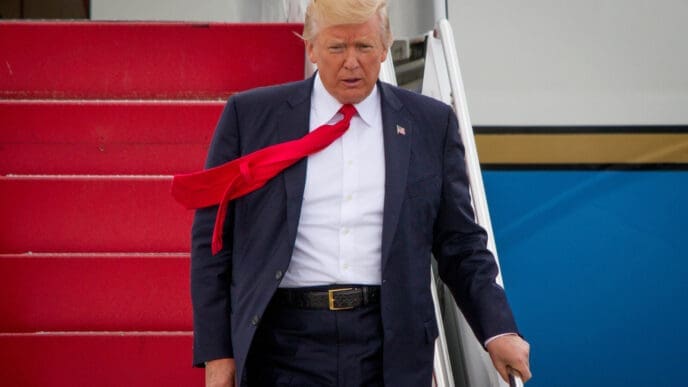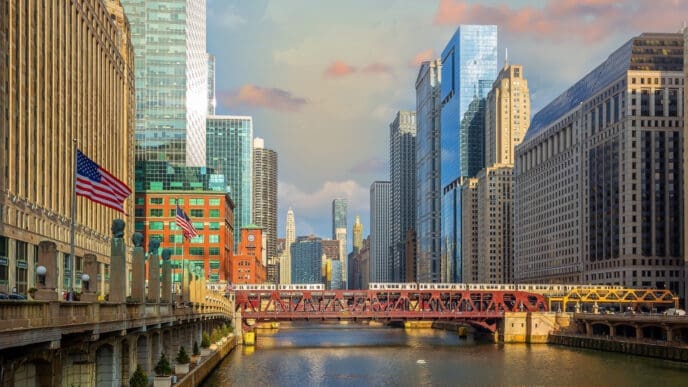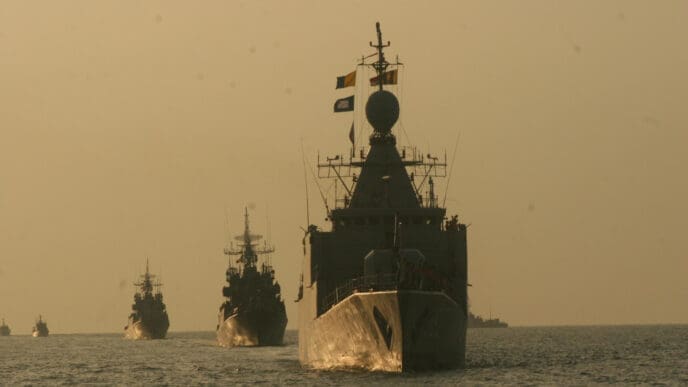Executive Summary
The Story So Far
Why This Matters
Who Thinks What?
Ukrainian President Volodymyr Zelensky arrived in Washington, D.C., for critical talks with President Donald Trump and several European leaders, where discussions are expected to focus on potential peace conditions for ending the war with Russia. President Trump has indicated he will press Zelensky to agree to certain Russian demands, including Ukraine ceding Crimea and committing to never join NATO, as a path to peace.
Key Discussions and Conditions
President Trump’s proposed conditions for ending the conflict align with demands previously set by Russian President Vladimir Putin. These include Ukraine relinquishing control of Crimea, which Russia illegally annexed in 2014, and formally agreeing not to pursue NATO membership. Trump’s envoy, Steve Witkoff, suggested that Putin had made concessions on “land swaps” and security guarantees for Ukraine during a recent summit, though Russia has not publicly confirmed these agreements.
Witkoff also stated that President Trump is now prioritizing a comprehensive peace deal over an immediate ceasefire, citing progress made with Putin. This contrasts with President Zelensky’s insistence on an immediate ceasefire as a prerequisite for any broader peace agreement.
Zelensky’s Stance and European Concerns
President Zelensky arrived expressing confidence in securing robust security guarantees for Ukraine with the support of European leaders. He emphasized that any new guarantees must be stronger than past agreements, which failed to prevent the loss of Crimea. Zelensky reiterated Ukraine’s constitutional inability to cede territory and stressed that Ukrainians are fighting for their land and independence.
European leaders accompanying Zelensky to the White House meeting are reportedly concerned that President Trump may pressure the Ukrainian leader to accept Putin’s conditions. Their aim is to gain clarity on potential Russian concessions and the extent of future U.S. involvement in security guarantees for Ukraine.
International Reactions
Reactions to the diplomatic efforts have been varied. Former Vice President Mike Pence urged President Trump to combine engagement with strong actions, including new sanctions against Russia, to demonstrate resolve. Democratic Senator Chris Murphy criticized the Trump-Putin summit, calling it “a great day for Russia” due to what he perceived as a lack of tangible commitments from Putin without immediate consequences.
French President Emmanuel Macron warned that Europe must maintain a firm stance on Russia to prevent future conflicts and reiterated that Ukraine should not be forced to cede territory. European leaders, including European Commission President Ursula von der Leyen, have reaffirmed their unity in supporting Ukraine’s sovereignty and its right to determine its own territorial future.
U.S. Secretary of State Marco Rubio countered the narrative that European leaders were present to prevent Zelensky from being “bullied,” stating they have been integral to ongoing peace negotiations for weeks. Rubio indicated that while a peace deal is not imminent, there has been sufficient movement to justify continued high-level discussions.
Public Sentiment in Ukraine
In Kyiv, anxiety is palpable among residents ahead of the high-stakes meeting. Many express strong opposition to ceding any Ukrainian territory, citing the sacrifices made by their soldiers. Residents underscore that their country’s constitution prohibits such territorial concessions and voice distrust of Russian President Vladimir Putin.
The meetings underscore the complex diplomatic landscape surrounding the conflict, with differing views on the path to peace, the role of territorial integrity, and the nature of future security arrangements for Ukraine.

